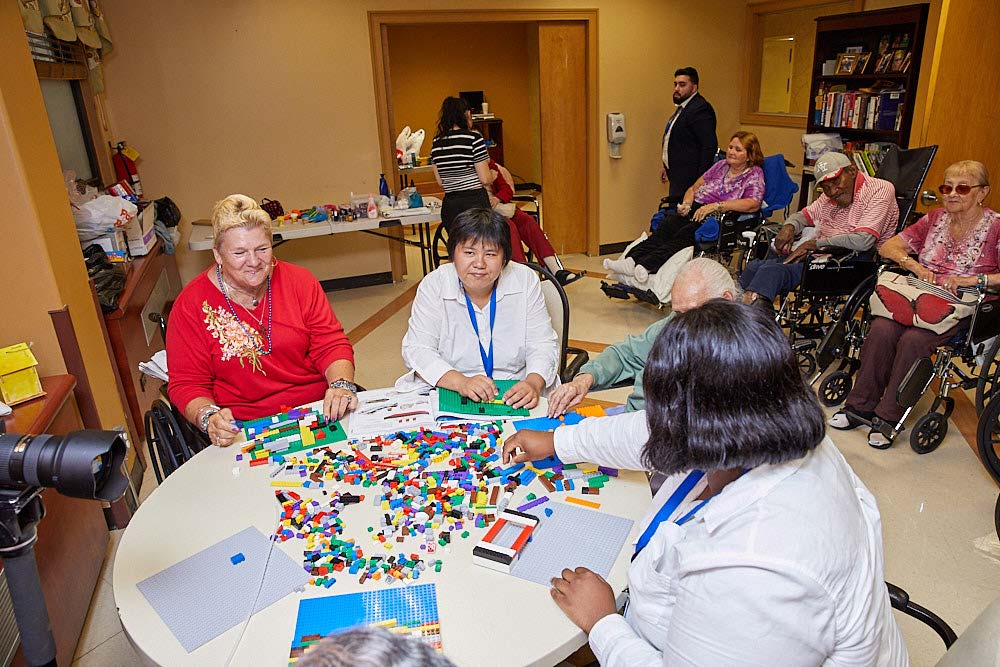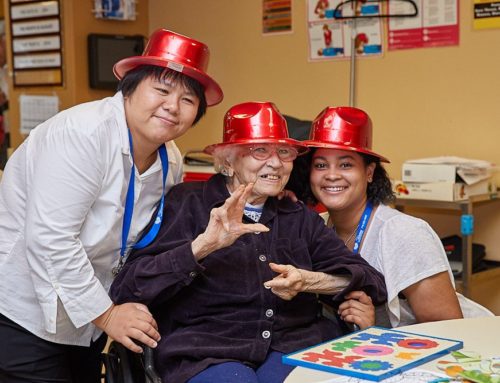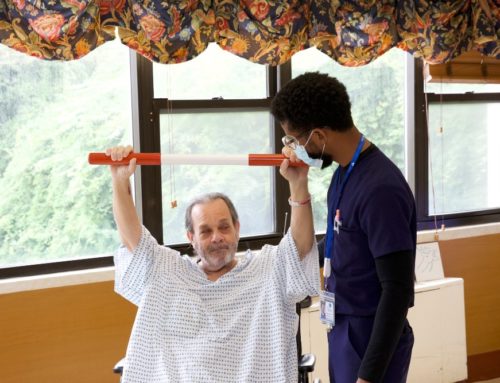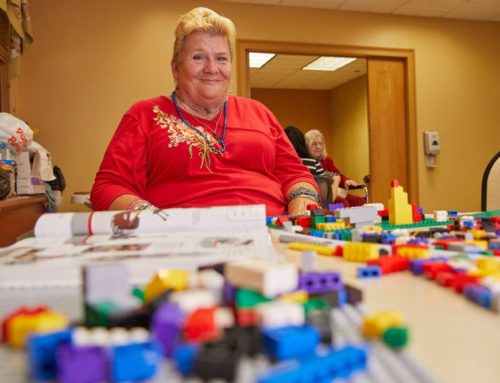Types of Restorative Therapy for Memory Loss
Memory loss can affect those of all ages, though it is more common in the elderly. It is most often the result of injuries, neurological diseases, like dementia, though it can also be caused by a stroke. To help combat this issue, there are several types of restorative therapy for memory loss to slow or prevent progression.
The first step is education, which can help determine the cause. Then, your doctor or rehab specialist can recommend some simple physical and recreation activities as well as cognitive therapy and other rehab therapies to help you regain your memories. At Fairview Rehab and Nursing Home in Queens NY, we have several therapy options available to meet your needs, including the following options. Be advised, this information is for educational purposes only.

What Kind Of Restorative Therapy Is There for Memory Loss
There are many different types of memory loss that could require restorative therapy. You may forget memories of loved ones, including past events or even their names. Forgetting how to perform simple daily tasks at home or work may also be an issue. Some people even have problems with speech or language processing.
Luckily, there are therapies available to meet all of these challenges. Not only can they help you maintain the memories you have but you may even regain those you’ve lost. Let’s discuss what therapy types are best for each of these issues.
Cognitive behavioral therapy
As its name suggests, cognitive behavioral therapy deals with behaviors that affect you negatively. It is designed to have a few effects, based on the core principles of the therapy. These include helping those with psychological problems alter unhealthy ways of thinking and unlearning unhelpful behavior. It also introduces new ways of coping with their issues to reduce symptoms and lead more productive lives.
CBT is used as a restorative therapy for memory loss since it can help those affected manage their condition. It can also teach them to overcome challenges and regain their independence.
Occupational therapy
Occupational therapy is another restorative therapy option for memory loss. This rehab therapy is designed to help individuals learn or relearn skills needed for their daily lives. These can include skills like dressing, bathing, handwriting, grasping objects, and even computer skills.
Many of these skills will likely already be known, so it is only a matter of remembering how to do them. Not only will this help improve the individual’s memory, but it also helps with their social and emotional health. They can regain their independence, giving them more confidence with any task required.
Speech therapy
Though a loss of speech isn’t always an issue those with memory loss deal with, it can be a symptom. Speech therapy is a good restorative therapy for memory loss for those dealing with this problem. It helps overcome issues like pronunciation, vocalization, literacy, stuttering, and articulation.
Another benefit of speech therapy is increased cognitive communication processes using specific activities designed to improve reasoning and problem-solving skills. As well as maintaining memory functions, this also increases the attention span for better focus on conversations, activities, and tasks.
This article contains informational and educational materials and does not replace health or medical advice. For questions or concerns regarding your medical condition or health objectives, speak to a qualified physician or healthcare provider.






I’m 58 y/o which suffered a stroke at 56/0 due to a clot in my right carotid . A former 28 RN veteran but now , disable with challenges in memory . Unable to drive or work under the circumstances and depending on spouse to help but who also work full time so difficult to arrange @times ! Than y you . Mrs . Cooksey